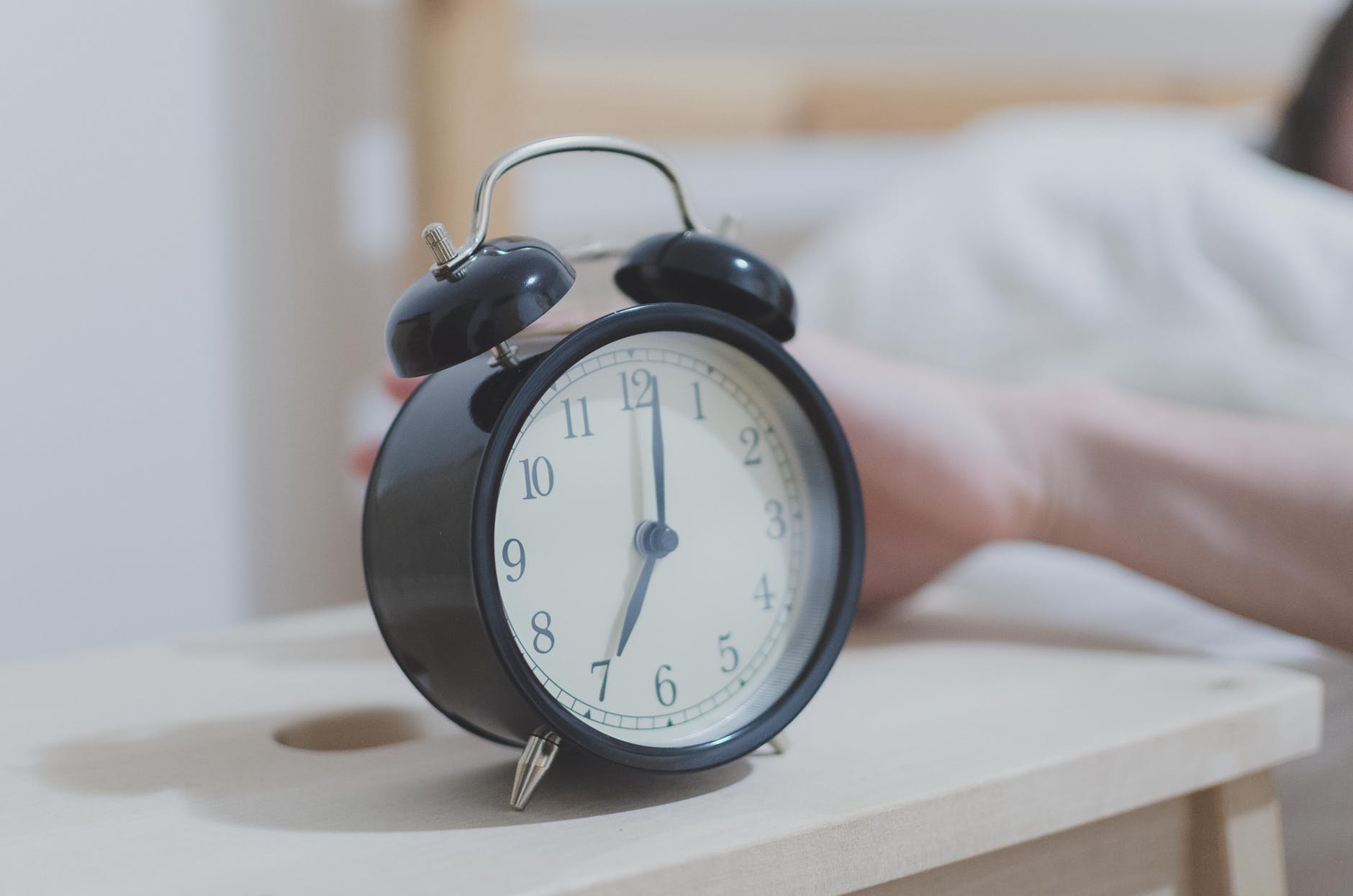Sleep disturbances can come from many different sources but those related to illness need extra care and consideration. No matter the condition, a foundation built on healthy sleep habits can help. Sleep hygiene, the term used to describe any personal habits and behaviours that affect sleep, ranges from the conditions of the sleep environment to food choices. The Sleep Institute have put together a list of healthy sleep habits and how you can use them for you and the person for whom you care.
Developing Healthy Sleep Habits
There are many illnesses and conditions that can interfere with how the brain releases sleep hormones. It’s most noticeable with neurological conditions like Alzheimer’s and other forms of dementia. However, conditions that limit eyesight also experience abnormal sleep cycles due to changes in how the brain receives light signals. Yet other conditions like diabetes and arthritis may face sleep problems due to chronic pain. You’ll have to consider the condition and unique circumstances as you’re deciding how to implement better sleep habits.
Predictable Sleep Schedule
The human brain craves predictability as it’s designed to adjust the sleep cycle according to your preferred schedule. Keeping a consistent bedtime helps the brain recognize when to begin the release of sleep hormones. The more predictable you can be the more readily your body responds.
Create a Simple Bedtime Routine
Routine creates familiarity and reduces disorientation. It also helps signal the brain that it’s time to start the sleep cycle. Try to complete any difficult or upsetting tasks earlier in the day so that bedtime can be relaxing for everyone involved.
Some people, especially those who suffer from chronic pain, benefit from relaxation activities like meditation in their bedtime routine. Meditation reduces the anticipation of pain and, consequently, the perception of it as well. It also reduces stress by helping the mind focus on the present moment rather than past or future stress-causing events.
Keep the Bedroom Familiar and Comfortable
A bedroom that’s familiar with each item in its place can bring the kind of comfort that reduces evening irritability. A supportive sleep environment should also be dark and quiet. Be careful with electronics that may have blinking lights. These devices, like a TV or smartphone, may have a screen that emits a bright blue light that suppresses sleep hormones. In general, they’re best left out of the bedroom. Anything that overstimulates the sense from images and colors to passing cars should also be removed or blocked out.
Make the Bedroom Safe
Illness or medications may cause hallucinations or fitful sleep, making some people prone to falling out of bed. Guardrails are a good option that will protect the person for whom you care and give you peace of mind. Guardrails can also prevent knocking over any necessary nighttime medical equipment.
Increase Exposure to Natural Light
Natural light regulates the sleep cycle by suppressing sleep hormones during the day. As natural light fades in the evening, those sleep hormones start to trickle out until they’re at full power come bedtime. It’s essential to get enough sunlight so the body functions as designed, which makes a walk outside a good form of exercise and a simple way to improve sleep.
If dimming eyesight or mobility that limits outdoor activity is an issue, exposure to natural light through normal means may not be adequate. Bright light therapy, which uses specially designed light bulbs to simulate sunlight, can be used to increase light exposure and regulate the sleep cycle as well.
Conclusion
Everyone needs and deserves a good night’s rest. As you incorporate healthy sleep habits into your life and the life of the person for whom you care, you’ll both get the rest you need. With better sleep comes the physical, mental, and emotional health that allows you to live a fulfilling life while providing high-quality care.








